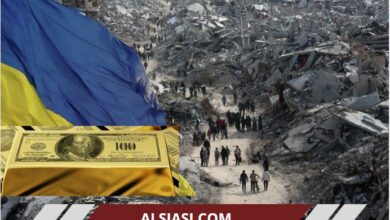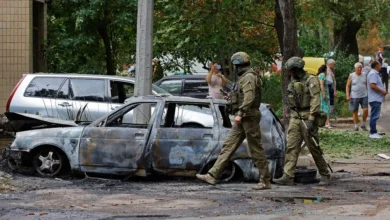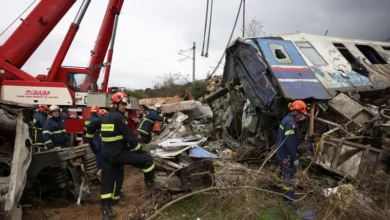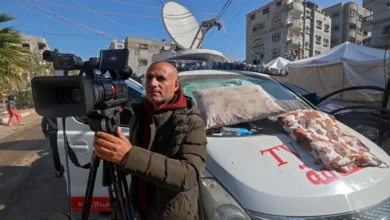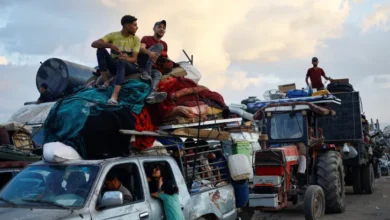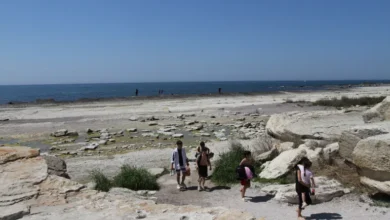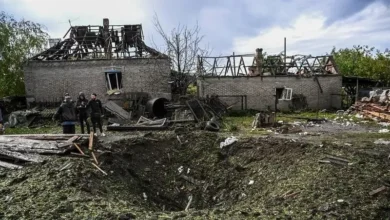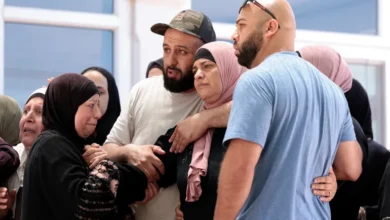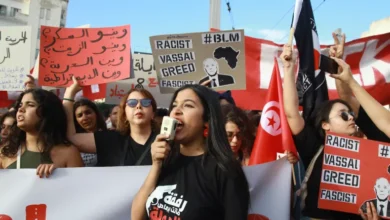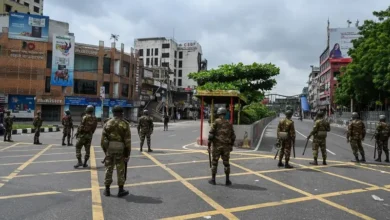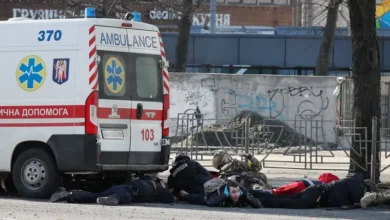UNIFIL’s mandate in southern Lebanon was renewed. What happens next?
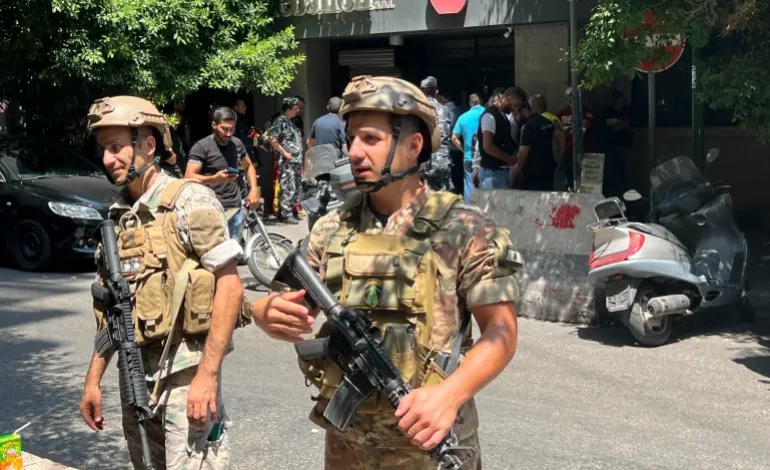
The United Nations Security Council voted on Thursday to extend the UN peacekeeping mission in southern Lebanon, known as UNIFIL, until the end of 2026 and then to begin an “orderly and safe drawdown and withdrawal” over the course of 2027.
The winding down of UNIFIL has been pushed heavily by Israel and the United States, who accuse the group of providing political cover for Hezbollah since the 2006 war and failing to work to disarm Hezbollah, despite that not being the UN body’s stated mission.Meanwhile, Israel continues to occupy at least five points on Lebanese territory following its invasion of south Lebanon last October. A ceasefire agreement reached in November stipulated that Israeli troops should withdraw from south Lebanon, but that has not yet happened.
So what does the end of the United Nations Interim Force in Lebanon (UNIFIL) mean for the border area between Lebanon and Israel? Here’s what you need to know.What happens now?
UNIFIL will stay in south Lebanon until December 31, 2026.
After that, it will have a year to withdraw its troops and hand over control of the area to the Lebanese Army.
The development seems to be in Israel’s favour, considering Israel’s disproportionate advantage in military power, technology, and US support. Israel regularly hits Lebanon with military attacks, and even before October 2023, when Hezbollah entered the war with Israel, Israel’s air force regularly violated Lebanon’s airspace with surveillance flyovers.With UNIFIL gone, there will be no international body to monitor these violations.
In a statement in advance of the vote, UNIFIL spokesperson Andrea Tenenti questioned how UN Security Council Resolution 1701, adopted at the end of the 2006 war to stop hostilities between Israel and Hezbollah, could be implemented with Israeli forces still in Lebanon.
